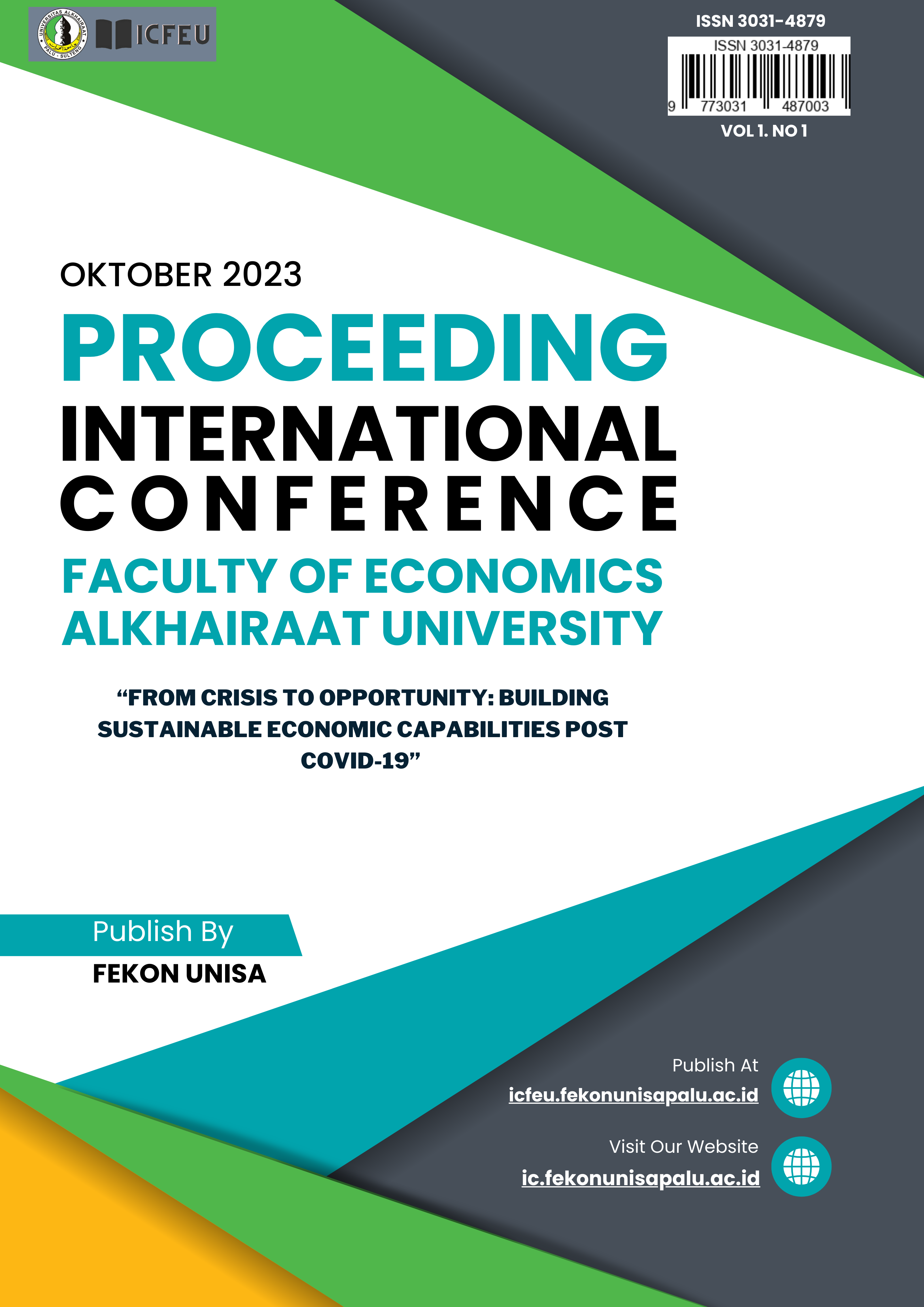ENVIRONMENTALLY FRIENDLY ACCOUNTING PRACTICES AND GREEN MARKETING STRATEGY IN DEVELOPING COUNTRIES
Abstrak
The purpose of reporting only on the financial performance of an organization is no longer the focus of reporting because, gradually, investors and other stakeholders are demanding that companies also report their impact on the environment and society. Therefore, accounting and reporting for the environment is becoming increasingly important for stakeholders and organizations because of the influence an organization's environmental and social performance has on its financial health. The aim of this study is to examine the extent of voluntary green accounting practices in companies listed on the Ghana Stock Exchange (GSE) and the influence of strategic green marketing orientation on environmental sustainability. Design/methodology/approach –The analysis is based on content analysis of 202 annual reports from 23 registered companies in Ghana, from 2006 to 2015. Findings –The mining, oil and gas sectors have integrated environmental sustainability information in their accounting systems. With regard to the nature of environmentally friendly disclosures, content analysis illustrates that only positive qualitative disclosures are presented in annual reports. Again, almost all companies have increased the quality and quantity of environmental disclosures over the years. Practical implications –The service and manufacturing sectors must integrate environmental sustainability information in their accounting systems. This, in turn, may increase their legitimacy in accessing resources essential for survival. Originality/value –This study contributes to the literature on environmental and social reporting practices from Ghana, a country in sub-Saharan Africa. Keywords Stakeholder theory, Ghana Stock Exchange, Legitimacy Theory, Social Accounting, Green Accounting, Green Marketing, Environmentally friendly marketing orientation
Keywords: Workload, Compensation, Work Environment, Work Productivity


